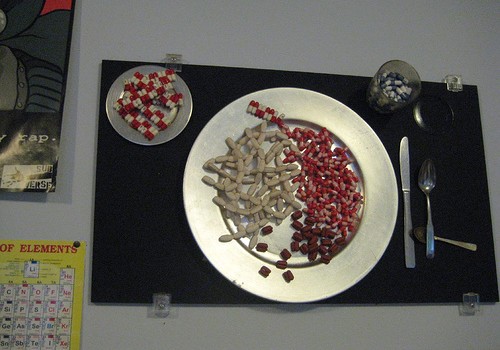
Are All Medicines Affected By Food?
There are some medicines that are not affected by food although there are certain medicines that happen to be affected by food. There are many factors that determine whether or not the food will affect the medicine. Sometimes, what someone eats or drinks throughout the day can lessen the efficiency of a drug. The food may interfere with the absorption, metabolism, or excretion of the drug. Some foods can reduce the absorption of a drug from the stomach or intestine by delaying the digestive process of that particular medication. There are some foods that can enhance the rate of absorption of the medication. Certain foods may also interfere with the metabolism of some medicines. They may inhibit or speed up the metabolism preventing the proper working of the medicine. Foods and beverages may affect the excretion of certain drugs from the liver or kidney. This directly affects the drugs capability to function properly.
- Important notification about information and brand names used in this slideshow!
- Photo courtesy of Anselm Hook by Flickr : www.flickr.com/photos/anselmhook/533792580/
- www.fda.gov/downloads/Drugs/ResourcesForYou/Consumers/BuyingUsingMedicineSafely/EnsuringSafeUseofMedicine/GeneralUseofMedicine/UCM229033.pdf
- http://www.ext.colostate.edu/pubs/foodnut/09361.html
- http://familydoctor.org/familydoctor/en/drugs-procedures-devices/prescription-medicines/drug-food-interactions.html
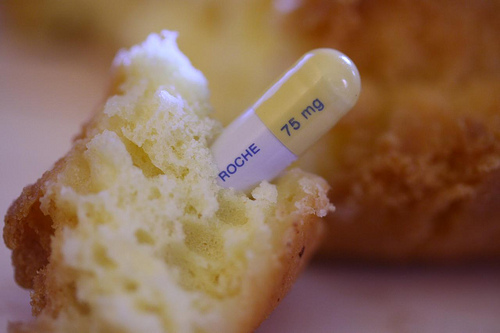
Taking A Medicine On A Full Or Empty Stomach?
There are some medicines which work best when the stomach is empty. On the other hand, other medicines may not work properly when the stomach is empty. Medicines can be taken in three different ways. They can be taken on an empty stomach, with food, or after you have eaten your meal. Generally, medicines are advised to be taken with a meal but there are some medicines which are taken on an empty stomach such as anti-emetics, proton pump inhibitors and some drugs for diabetes like sulphonylureas. However some drugsshould never be taken on an empty stomach, such as antipyretics and NSAIDS. Certain medicines are taken after meals.
- Important notification about information and brand names used in this slideshow!
- Photo courtesy of LexnGer by Flickr : www.flickr.com/photos/lexnger/4134160379/
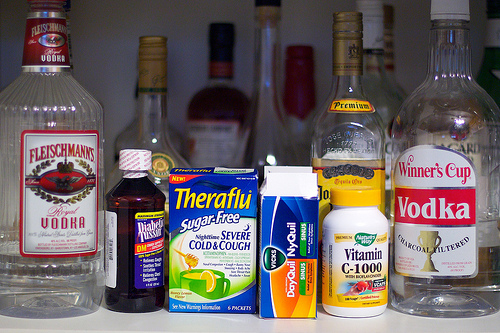
Does It Matter If I Take My Medicine With Alcohol?
Taking medicine with alcohol is not suggested by any doctor. This is because it can affect the efficacy of the medicine. If the medicine is taken with alcohol, the absorption, metabolism, and excretion may be altered leading to an increase or decrease in the action of the medicine. Alcohol may also worsen the side effects of some medicines or decrease or increase the efficiency of a medicine. Alcohol itself can cause liver damage if taken excessively for a long period of time. If it is taken during treatment with some non steroidal anti inflammatory drugs (NSAIDS) it can enhance the liver damage. Naproxen if taken with alcohol can lead to severe type of bleeding from stomach and intestines.
- Important notification about information and brand names used in this slideshow!
- Photo courtesy of Alan Levine by Flickr : www.flickr.com/photos/cogdog/3991343955/
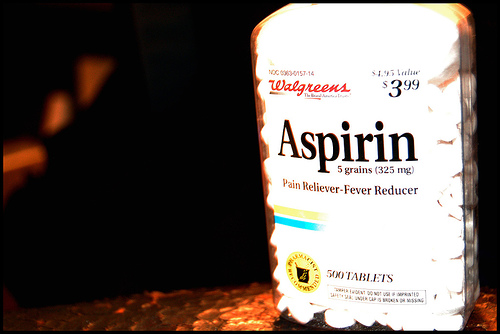
Painkillers, Antipyretic And Anti-Inflammatory (NSAIDS)
Antipyretics are used to reduce fever. Normally they are recommended to be taken with water. For faster relief, they can be taken on an empty stomach. Pain killers like ibuprofen and mefenamic acid are used to treat different kinds of pains like headache, backache, muscular pains, and other mild to moderate pain. These drugs can cause irritation in the stomach and damage the liver. During the use of these medicines, you should avoid spicy foods. Non steroidal anti inflammatory drugs (NSAIDs) are used to reduce inflammation, and they can relieve pain as well. These are typically taken with water or milk. If taken on an empty stomach they may cause inflammation of the esophagus and stomach. In some cases, peptic ulcers or even perforation of the lining that protects them from the stomach acid can occur. So these medicines should not be taken on an empty stomach. Drinking while taking these medications will only increase these symptoms.
- Important notification about information and brand names used in this slideshow!
- Photo courtesy of when i was a bird by Flickr : www.flickr.com/photos/electrospray/390532390/

Food To Avoid If You Use Medications For Asthma
There aren't any foods that should be avoided while using asthma medication. However, there are certain foods that can trigger asthma attacks. So these foods should be avoided during the treatment of your asthma. Asthma is an allergic reaction. Food allergies may aggravate an asthma attack. The foods that are recommended to avoid during asthma treatment are wheat, egg, peanuts, seafood, salad, fresh fruits, and cow’s milk. Foods that contain preservatives should also be avoided because they may trigger asthmatic symptoms. Many food preservatives are used in processed food. One of the main ingredients in preservatives is sulfite. Sulfite can cause a severe asthma attack. Hence the use of preserved foods such as wine, beer, artificial lemon juice, shrimps, potatoes, pickles, dried fruits and vegetables should be avoided.
- Important notification about information and brand names used in this slideshow!
- Photo courtesy of Nina J. G. by Flickr : www.flickr.com/photos/nicasaurusrex/2854897059/
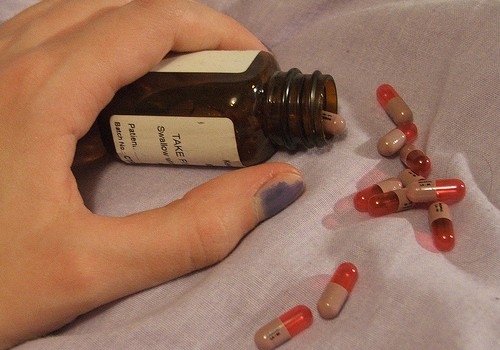
Drugs For Cardio-Vascular Disorders
The drugs used for cardiovascular problems are Beta blockers, diuretics, cholesterol lowering agents, vasodilators, anticoagulants, and antiplatelet agents. Beta blockers are given with a meal to increase their bioavailability. Orange juice and natural licorice should be avoided. Calcium supplements reduce the absorption so they can be given two hours before or at least six hours after the ingestion of medicine. Diuretics are given on an empty stomach because food in the stomach may reduce their absorption. With many diuretics, people can experience potassium loss. Potassium supplementation is necessary. Some diuretics will spare the potassium in the body. In this case, avoid eating foods with potassium. Vasodilators are taken with water. The have to be taken either one hour before or three hours after a meal for maximum effect. Unlike Vasodilators, Cholesterol lowering agents are taken with food. Avoid citrus juices, a fatty diet, and alcohol consumption. With anticoagulants and antiplatelet agents, alcohol should not be consumed. Food containing vitamin K, garlic, ginger and horse chestnut should be avoided as well.
- Important notification about information and brand names used in this slideshow!
- Photo courtesy of Nina J. G. by Flickr : www.flickr.com/photos/nicasaurusrex/1754653786/
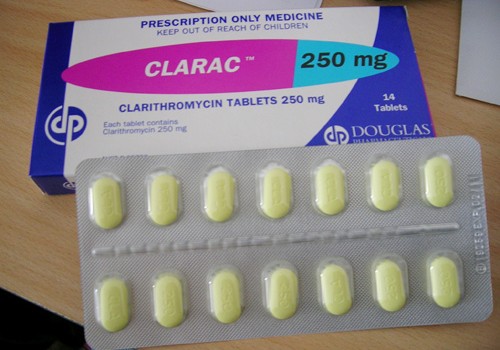
Antibiotics, Antivirals And Antifungals
Some antibiotics are taken with food because food can reduce the upset stomach caused by antibiotics. This also increases the absorption and bioavailability of these antibiotics. Antibiotics which are taken with food include erythromycin, coamoxiclavez and chloroquin. Food used with these antibiotics reduces the irritation of the stomach. Cefuroxime, cefixime, and other cephalosporins are also taken with food since they speed up the time it takes for the body to absorb them. Some antibiotics are taken on an empty stomach because food can decrease the bioavailability and absorption of these medicines. Antibiotics which are taken on an empty stomach include azithromycin, ampicillin, ciprofloxacin, and levofloxacin. Foods to be avoided during antibiotic treatment include grapefruit, citrus fruits, carbonated drinks, alcohol, and a fatty diet. Antifungals are taken with food to minimize the risk of gastric irritation. The use of alcohol and citrus juices should be avoided. Antiviral drugs are taken either one hour before or two hours after meal. They also can be taken with food if the stomach becomes upset.
- Important notification about information and brand names used in this slideshow!
- Photo courtesy of Sookie by Flickr : www.flickr.com/photos/lovebuzz/212229196/
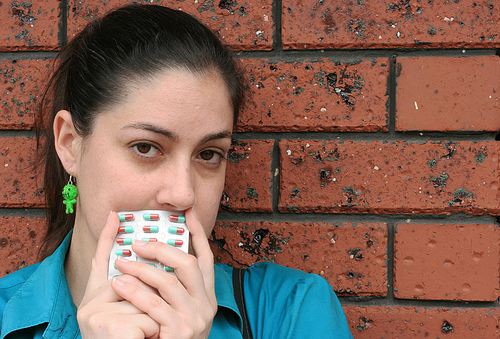
Medications To Treat Mental Disorders
The medicines used for the treatment of mental disorders are monoamine oxidase inhibitors, antidepressants, anti-anxiety drugs, depressants, and stimulants. Monoamine oxidase inhibitors are used very carefully. They have many food restrictions and the physician’s instructions should be followed strictly. If alcohol and food containing tyramine are used with these drugs, there is an increased risk of high blood pressure. Foods like yeast extract, bananas, aged meat, certain cheeses, and soy sauce should not be used during treatment. It is recommended to wait at least two weeks after the treatment has stopped to resume eating these foods. Anti-anxiety drugs can be taken with food to avoid an upset stomach. The use of citrus fruits should be avoided. Caffeine may reduce the efficiency of these drugs. Antidepressants can be used with food, one hour before a meal, or two hours after a meal. The use of alcohol is not recommended.
- Important notification about information and brand names used in this slideshow!
- Photo courtesy of ToniFish by Flickr : www.flickr.com/photos/the_smileyfish/4097699900/
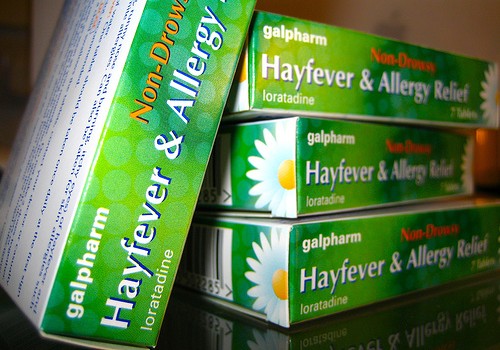
Antihistamines Should Not Be Taken With Citrus Fruits
Antihistamines are used to treat allergies, cold, flu, and hay fever. They relieve the symptoms of running nose, stuffiness, and eye itching. They include cetrizine, levocetrizine, loratidine, desloratidine, ebastine, fexofenadine, and chlorpheneramine. Antihistamines act by blocking a substance called histamine. They can be taken on an empty stomach with water. If an upset stomach occurs, take theses medicines with food. Some of these groups can cause drowsiness. Make sure not to use these drugs with alcohol. It may increase the drowsiness that is experienced. Fexofenadine should not be taken with citrus fruits such as orange, apple, or grapefruit. Sedatives and antidepressants should not be used with antihistamines. Ask your doctor before their use.
- Important notification about information and brand names used in this slideshow!
- Photo courtesy of Djenan Kozic by Flickr : www.flickr.com/photos/djenan/756773349/
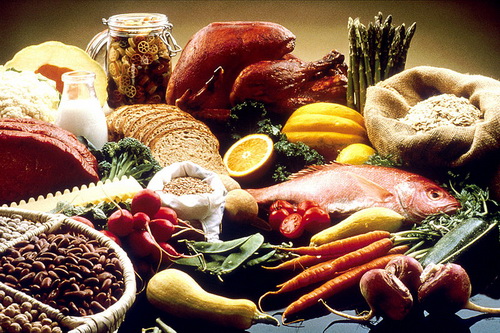
Things To Remember About Drug-Food Interactions
A food-drug interaction occurs when the efficiency of a medicine is altered by the food taken with the medicine. There are certain things to remember about food-drug interactions. Read the label of the medicine you are that is prescribed by your doctor. If there is something you don't understand, consult your physician or pharmacist. Follow all the instructions written on the label of the prescribed medicine. If there is any confusion, you should contact the consulting physician. The warnings, side efforts, and interactions of the medicine should be read carefully. Avoid alcoholic drinks while using medicines. Alcohol adds to the side effects of almost every medicine on the market. Take the medicine as advised by your physician. Do not mix food and medicine unless otherwise advised by your physician.
- Important notification about information and brand names used in this slideshow!
- Photo courtesy of National Institutes of Health by Wikimedia Commons : commons.wikimedia.org/wiki/File:Good_Food_Display_-_NCI_Visuals_Online.jpg


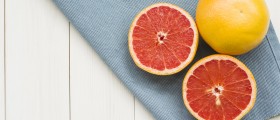
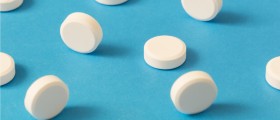
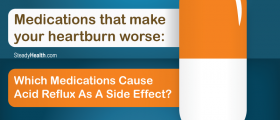
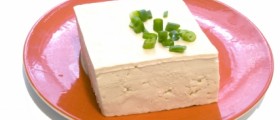
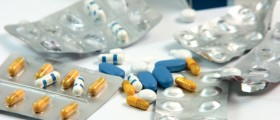

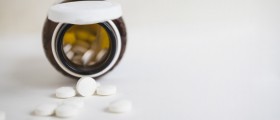
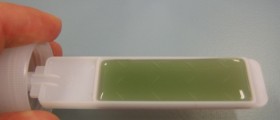
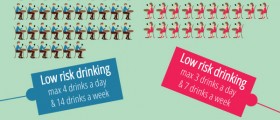
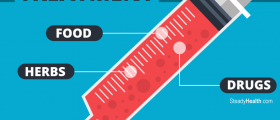
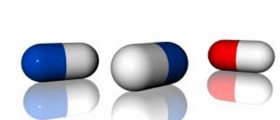


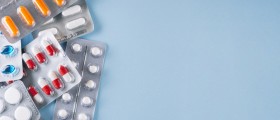
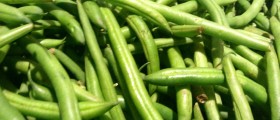
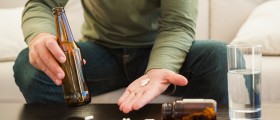
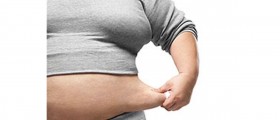
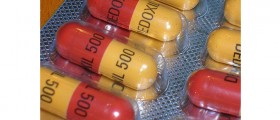
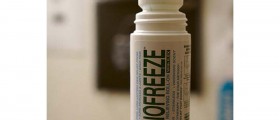
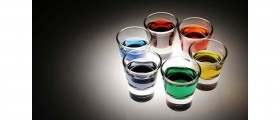
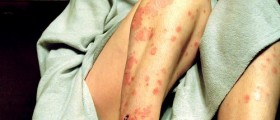

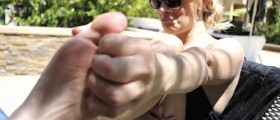
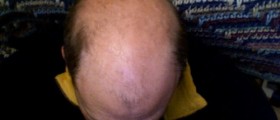

Your thoughts on this
Loading...